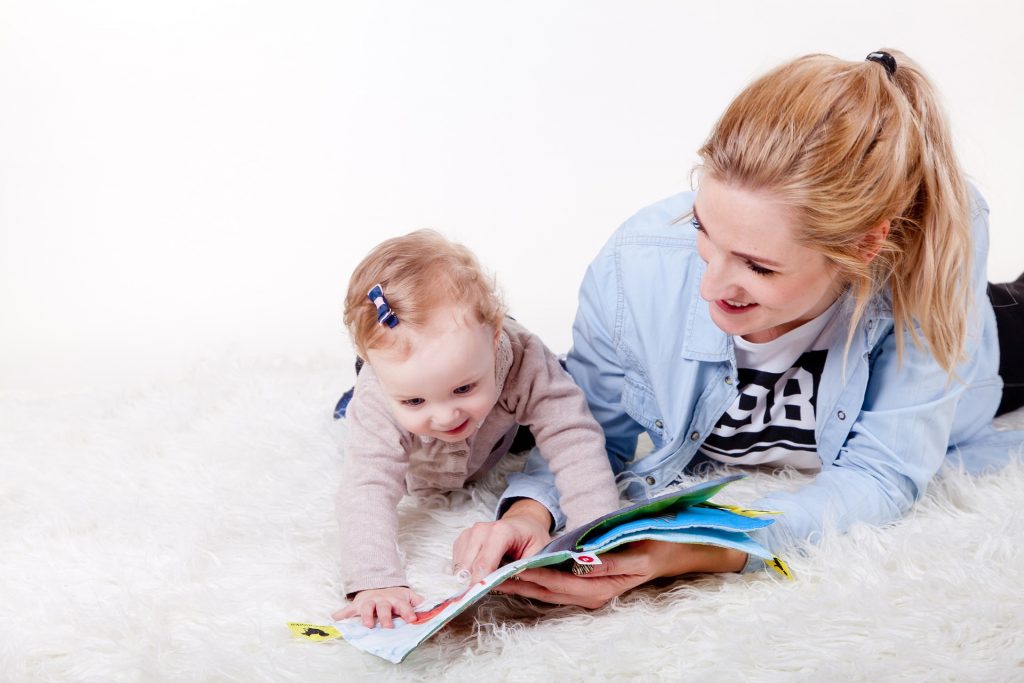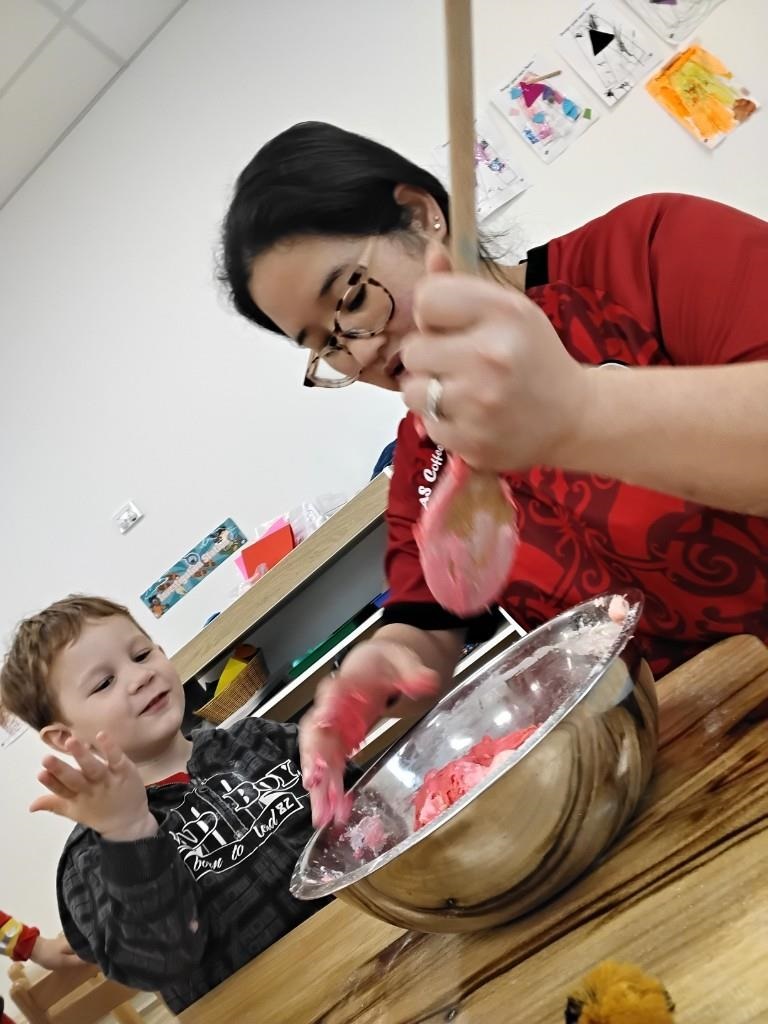
Whether it’s a picture book, nursery rhymes or a touch and feel book, it’s never too early to introduce your children to the world of books. Reading and storytelling with babies and children promotes brain development and imagination. It aids with language development and helps them find ways to express their emotions.
Reading and sharing stories helps your child get to know different sounds and words. It also encourages their relationship with books when they see you enjoying time reading. It places importance on reading and they will adopt these values as they grow up. Books make great gifts, so you should embrace these as presents for your children.
When children learn to read at an early age, they also have improved attention spans and better concentration. Regular daily reading at set times promotes discipline. At a young age they won’t be able to sit still for long periods of time, but eventually they’ll learn to stay for the duration of the book.
Sharing stories with your children doesn’t mean you always have to read, you can simply look at the pictures and talk about what you see and what’s happening; this encourages comprehension. Your child will learn how to hold the book the right way up and how to gently turn the pages.
Reading is vital to learning. It contributes to their success at school, work and life. As your child gets older, you can read with them and ask questions. This strengthens problem solving, decision making and thought processing.
According to a study completed by the University of Michigan, there are five early reading skills that are essential for development. They are:
- Phonemic awareness – Being able to hear, identify, and play with individual sounds in spoken words.
- Phonics – Being able to connect the letters of written language with the sounds of spoken language.
- Vocabulary – The words kids need to know to communicate effectively.
- Reading comprehension – Being able to understand and get meaning from what has been read.
- Fluency (oral reading) – Being able to read text accurately and quickly.
Starting Blocks have a list of Top Tips for Sharing Books with a Pre-schooler:
- Make sure the book is age-appropriate and about something that interests them. To develop children’s interest and enthusiasm for reading, books must capture their attention, captivate their imaginations and make them want to return to them again and again.
- Make reading fun! Use expression and different voices for different characters. Tell your child the words and let them ‘read’ the part of their favourite character.
- Read as often and as much as you can. Be prepared to read their favourite books over and over again. If they say “Read it again!” you have found a winner. It may be boring for you but it’s essential for their brain development and early learning.
- Read the title of the book and talk about the pictures. Encourage your child to predict what the book is going to be about.
- Look at who the author and illustrator are. Do you know any other books by the same people? Make a list of favourite authors and illustrators to look for at the library or bookshop.
- When you read to your child, run your finger under the words from time to time as you read them. This will teach him that you read from top to bottom and left to right.
- Ask questions about the story, but make sure there is no right or wrong answer. Ask if there are any words they don’t know and explain the meaning of them.
- Provide a wide variety of reading materials such as non-fiction, magazines, poetry books and joke books. Browse libraries, garage sales and second-hand book stores.
- You don’t have to read just at bedtime – read any time of day, anywhere! Keep books near your child’s toys or play areas so they are always available. Take a book everywhere – in the car, while waiting for appointments, while travelling on public transport.
- Visit your local library together and sign-up your pre-schooler for their very own library card. Let them choose some books to borrow. If they have chosen the book they will be more interested to listen to it.
There are benefits for you too! This is such a special time spent together, bonding and building your relationship. We all know that one of the most important things you can do to positively influence your child’s development is to spend quality time with them. Happy Reading!



